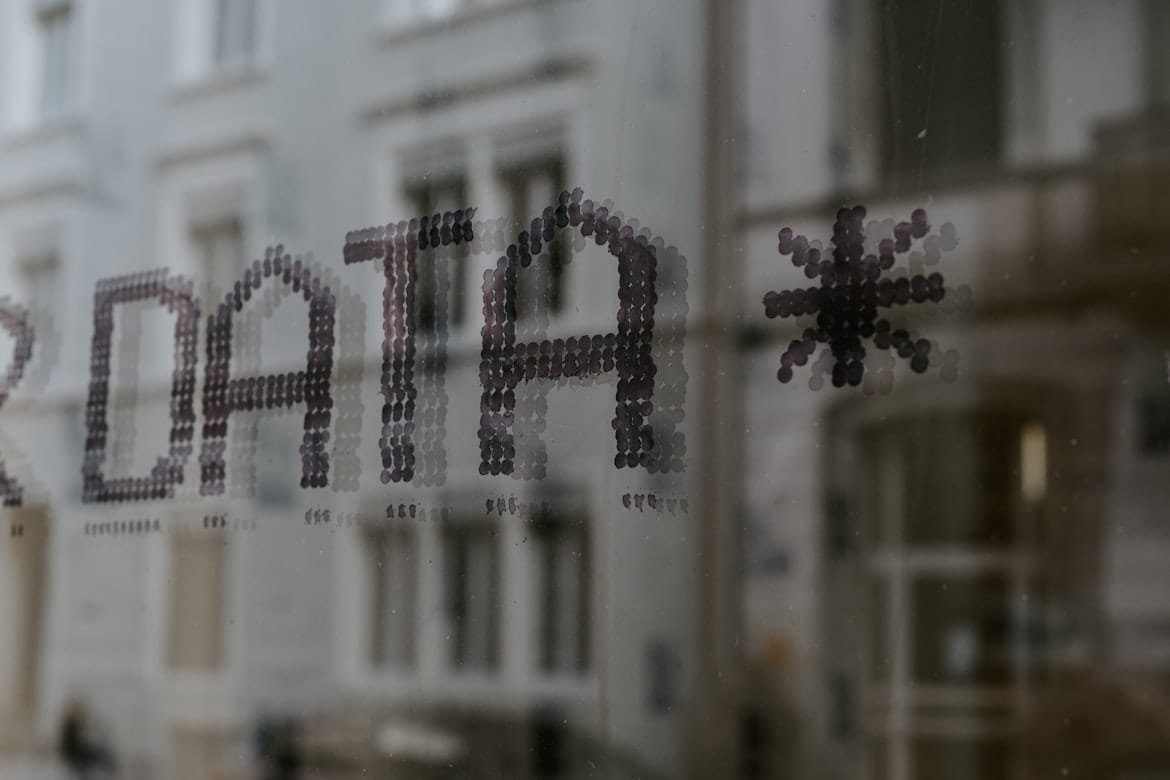Top Tips for Keeping Your Data Safe When Starting Out with Online Casino Games. Online casinos have become an increasingly popular form of entertainment, offering a wide range of games and the convenience of playing from home.
However, with the rise of online gambling comes the potential risk of data breaches and fraud.
For those new to the world of online casinos, it is essential to be aware of how to protect your personal and financial information to enjoy a safe and secure gaming experience.
Choose a Reputable Online Casino
The first step in safeguarding your data is selecting a reliable and trustworthy online casino.
As a new bettor, you must ensure the casino you choose is legitimate and adheres to industry standards for data protection.
Look for casinos that are well-established and have a positive reputation for treating their customers with transparency and integrity.
One key indicator of a reputable casino is whether it is licensed and regulated by a recognised authority.
While specific licences may vary depending on the region, most reputable casinos will display their licensing information on their website.
Additionally, some privacy-minded players choose casinos that offer no verification registration options, where less personal information is collected during sign-up.
These no verification casinos appeal to those who are particularly focused on privacy and prefer to avoid submitting sensitive documents online.
Because of the privacy benefits that they offer, no verification sites have quickly become popular in recent years.
Furthermore, many players are opting for casinos with clear and accessible terms of service, including those that outline their data protection measures.
Ensuring that the casino has proper security systems in place will give you peace of mind and provide a safer gambling experience.
Look for SSL Encryption on the Website
One of the most important security features to check for is SSL (Secure Socket Layer) encryption.
SSL technology encrypts the data transmitted between your device and the casino’s website, making it unreadable to potential hackers.
This encryption ensures that your personal and financial information, such as your name, address, and payment details, is securely transmitted.
Before registering or making any transactions, double-check that the casino’s website has “https://” in the URL and look for the padlock icon in the address bar.
Both these indicators signal that the connection is secure.
Avoid casinos that do not use SSL encryption, as these sites are more vulnerable to data breaches.
Use Strong, Unique Passwords
A strong password is one of the simplest but most effective ways to protect your online accounts.
When registering with an online casino, always use a strong, unique password that combines uppercase and lowercase letters.
Don’t use well-known information, such as your name or birthdate, and never reuse passwords from other accounts.
If possible, consider using a password manager to store your passwords securely.
These tools generate and store complex passwords, making it easier to protect multiple accounts without having to remember each one.
Avoid Using Public Wi-Fi for Transactions
When accessing an online casino, avoid using public Wi-Fi networks to conduct any financial transactions or log in to your account.
Public Wi-Fi networks are less secure and more vulnerable to cyberattacks, making it easier for hackers to intercept your personal information.
If you must use a public network, consider using a virtual private network (VPN) to protect your internet connection and protect your data.
It’s always safer to use a private, password-protected Wi-Fi network when gambling online.
This will give you greater control over your security and ensure that your data is not exposed to potential risks.
Be Careful with Personal Information
When creating an account with an online casino, be mindful of the personal information you share.
Many online casinos will require basic details such as your name, address, and email address, but some casinos may ask for more information than is necessary.
Before providing any additional data, review the site’s privacy policy and terms of service to ensure that your personal information will be handled securely.
If you’re concerned about privacy, you might want to consider casinos that allow for minimal information gathering.
Some online casinos are now offering “no KYC” (Know Your Customer) registration options, meaning they collect less personal data during registration, reducing the amount of sensitive information you have to share.
While these sites might have some limitations, they can be a good option for players who prefer to keep their information private.
Regularly Monitor Your Bank Statements and Transactions
Once you’ve started playing at an online casino, it’s important to regularly check your bank statements and payment history for any suspicious activity.
This can help you spot potential fraud or unauthorised transactions quickly.
If you notice any discrepancies, immediately report them to both the casino’s customer support team and your bank.
Most online casinos offer easy-to-use transaction histories, which will allow you to keep track of your deposits, withdrawals, and bonus credits.
Keeping an eye on your spending can help you manage your bankroll responsibly and avoid any surprises when it comes to your financial safety.
Hope you’ve found our article, Top Tips for Keeping Your Data Safe When Starting Out with Online Casino Games useful.
Thank you for taking the time to read my post. If you’d like to add a comment or thought on this post, please use the comments section below. I can also be contacted via the online contact form. Keep up to date with the latest news on social media.

